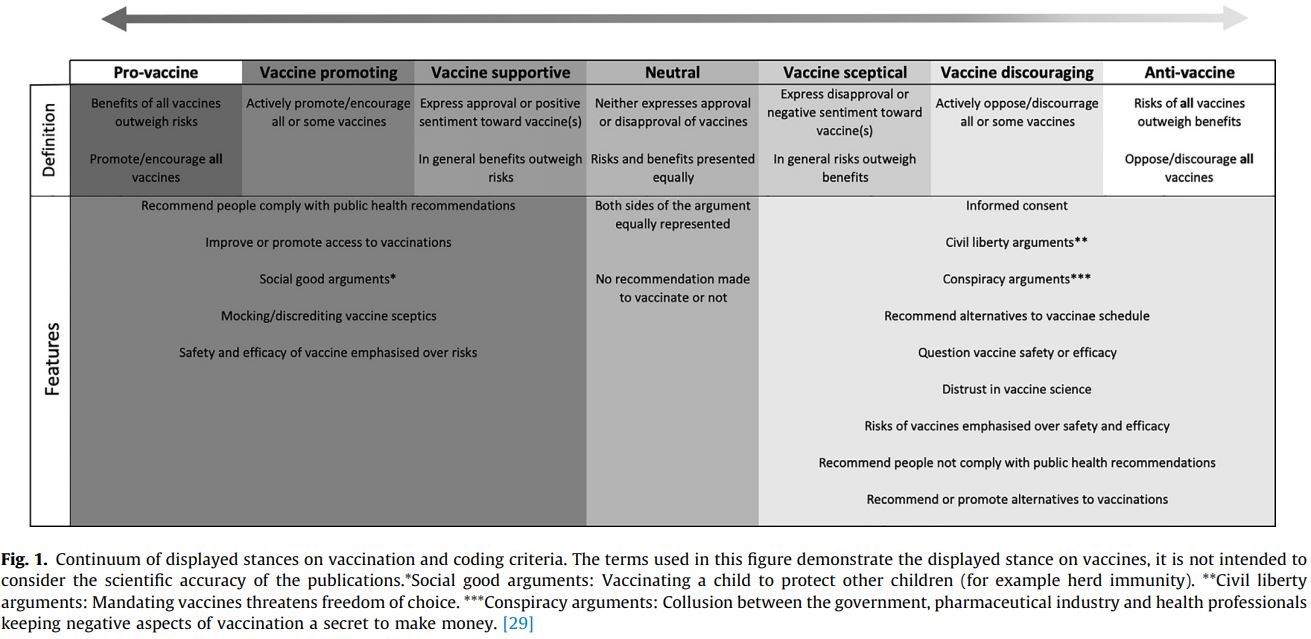There are prominent Facebook pages for all of those. An osteopath named Joe Mercola will even sell you supplements to prevent getting coronavirus, and he makes $100 million a year leveraging social media to latch onto to anything people are willing to believe.
Some sources are more resistant than others. A new analysis of vaccine information used searches between September 2017 and January 2018 and found that Google results were 80 percent positive and YouTube 75 percent, but 50 percent of Facebook pages were misinformation and disinformation.

Credit: 10.1016/j.vaccine.2020.02.041
Facebook says it has a mandate to be more open, a community, and that is likely why science deniers love it. Google and its sister site YouTube may be making conscious efforts to suppress anti-vaccine content, which sounds great - unless they are also manipulating other search results. It would be difficult to know.(1)
Coronavirus is obviously terrible for the anti-vaccine movement, the opposite of 2009's H1N1, when the Obama administration was concerned by claims among its constituents that preservatives in vaccines were a risk of autism, and that unwillingness to use multi-dose vials caused a shortage of vaccines.
All of those coastal elites who have been the epicenter of the anti-vax movement for the last 20 years are now clamoring for a coronavirus vaccine. And next flu season they may embrace those as well. These results were 2017-2018 so it will be interesting to see how things change about positive results for vaccine searches if a 2020 analysis is done.
Citation: Lucy E Elkin, Susan R H Pullon, Maria H Stubbe, '‘Should I vaccinate my child? comparing the displayed stances of vaccine information retrieved from Google, Facebook and YouTube’,
Vaccine 38, DOI 10.1016/j.vaccine.2020.02.041
(1) We once got a lot more search traffic than we do now and anti-vaccine and anti-GMO groups targeted us for years, writing editors at USA Today and other outlets to insist they stop publishing me unless they get equal time. It failed at those places but maybe it worked at Google. Unlike an editor, who knows better than to buy into unsubstantiated conspiracy theories from people paid to spread them, Google is faceless. If the person who got the complaints from organic industry or supplement trade groups side with their beliefs about science, we could be on a black list and never know it. It could also just be that their algorithm changed to promote fewer science results from science sites and more from media outlets, or promote results from paid search. Google is even less transparent about its "secret sauce" than Facebook.




Comments